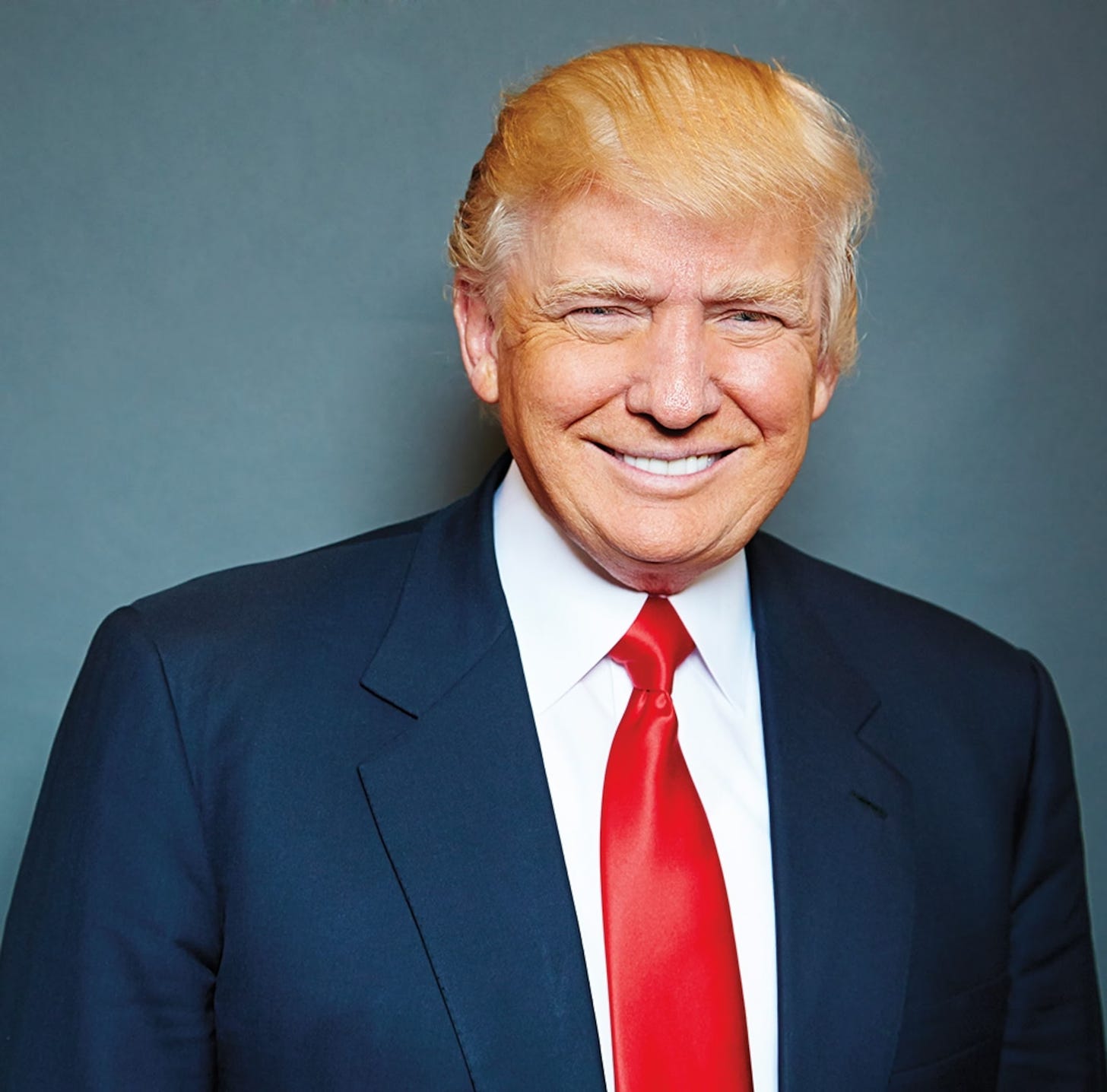Featured
Jon Stewart’s Hypocrisy Exposed!
Should He Be Prosecuted Next?

Comedian Jon Stewart, widely known for his pointed political commentary and satirical take on news events, recently ignited a firestorm of controversy over his criticisms of Donald Trump’s civil lawsuit in New York, which alleges the former president inflated the value of his real estate holdings. Stewart lambasted the case as being far from victimless, a stance that quickly drew accusations of hypocrisy when details of his own property transactions came to light.
At the heart of Stewart’s critique was the assertion that Trump’s alleged overvaluation of his properties was indicative of a broader issue within the real estate industry—a sector Stewart claims is rife with dishonesty and inflation of property values. During a segment on “The Daily Show,” Stewart played a clip of CNN’s Laura Coates interviewing “Shark Tank” star Kevin O’Leary, who expressed concern over the precedent the case could set for the real estate industry at large.

Stewart countered the industry’s defense by highlighting the serious nature of the accusations against Trump, which include falsifying business records, insurance fraud, and conspiracy, all stemming from the inflation of asset values. He argued that such practices are far from victimless, suggesting they undermine the integrity of the financial system by diverting loans to those who misrepresent their assets, thereby incentivizing corruption.
However, Stewart’s position quickly came under scrutiny when it was revealed that he himself had sold a property at a price significantly higher than its assessed value. In 2014, Stewart sold his 6,280-square-foot Tribeca duplex for $17.5 million, a figure that starkly contrasts with the property’s assessed market value of only $1.882 million and an even lower assessor valuation of $847,174, as reported by The Post.

This revelation led to accusations of hypocrisy, with critics arguing that Stewart’s sale of his penthouse at a price far exceeding its assessed value mirrored the very behavior he condemned Trump for. Political commentator Timothy Pool pointed out the discrepancy on social media, questioning whether Stewart’s transaction could be considered fraudulent under the criteria he had applied to Trump.
Stewart responded to the controversy with sarcasm, attempting to downplay the comparisons between his real estate transaction and the allegations against Trump. Yet, the situation raises important questions about the standards to which public figures hold themselves and others. It underscores the complexity of real estate valuation and the ease with which accusations of hypocrisy can arise when those who criticize certain practices may themselves have benefited from similar actions.

Moreover, the case shines a light on the broader issue of property valuation in New York, a practice that involves considerable discretion and, as seen in both Trump’s and Stewart’s cases, can lead to significant disparities between assessed values and market realities. It’s a reminder of the nuanced and often controversial nature of real estate dealings, where the line between standard industry practice and unethical inflation of values can sometimes blur.
In navigating these murky waters, the public and its commentators must tread carefully, ensuring that critiques are leveled fairly and that we hold ourselves to the same standards to which we hold others. The debate sparked by Stewart’s comments and the subsequent revelations about his property sale is a testament to the complexities of accountability, the challenges of the real estate industry, and the ongoing dialogue about ethics in both personal and professional realms.
-

 Health2 days ago
Health2 days agoWhat Have Vaccines Done to Us? The Truth is Disturbing
-

 Health1 day ago
Health1 day agoRussell Brand Goes Quiet as Florida Surgeon General Drops a Bomb on Dr. Anthony Fauci
-

 Health14 hours ago
Health14 hours agoConfirmed: COVID mRNA Vaccines Contain Component that Suppresses Immune Response and Stimulates Cancer Growth
-

 News2 days ago
News2 days agoWhy You Should Never, Ever Voluntarily Talk to the FBI






























